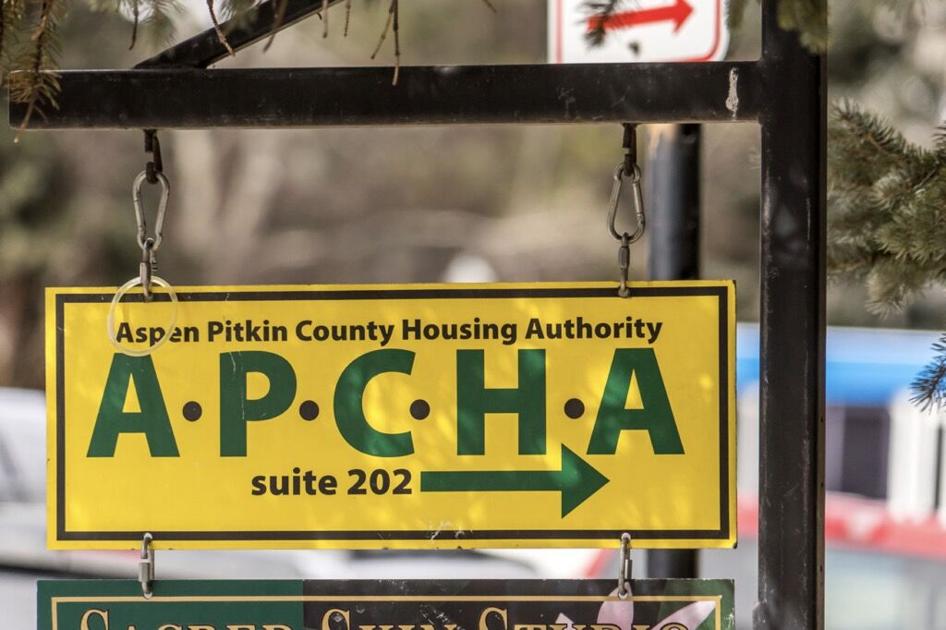
Members of the Aspen-Pitkin County Housing Authority board are largely in agreement that mandatory home inspections should occur prior to a property being listed for sale. However, who should pay for any capital improvements deemed necessary by an inspector, prior to the property being sold, remains in question following Wednesday’s APCHA Board meeting.
“[APCHA] is an incredible program that is the reason we have a real, lived-in community and we haven’t turned into Vail or Epcot Center,” APCHA Board Chair Skippy Mesirow said in an interview prior to Wednesday’s meeting. “But, it is showing its age in unintended consequences. One of those unintended consequences is units that have not been properly maintained.”
APCHA’s inventory consists of 3,045 housing units, which includes 1,663 for-sale units and 1,382 for-rent units. With a program that dates back nearly 40 years, some lottery winners have discovered their new home is not in the newest of condition.
“We have community members who in some instances spend … a decade or more trying to win a lottery,” Mesirow said. “[They] win a lottery and find a unit that is … unsafe in some cases and in disrepair. In other cases, they find units that are beautifully maintained and even improved.”
Trying to promote the latter, APCHA board members and staff have continued to work out the details of the housing authority’s forthcoming capital improvements program.
At a May 5 meeting, the board determined that a home inspection — conducted by an approved, licensed inspector — must occur prior to a property being listed. Board members also agreed that APCHA should pay for the inspection.
On Wednesday, the APCHA board was tasked with figuring out who should have to pay for any capital improvements deemed necessary to a property — the seller, the buyer or a combination of the two.
“As an owner, I just can’t even imagine trying to sell my home to someone and it’s in terrible condition,” APCHA board alternate David Laughren said. “That I’ve just let it go and now I want to reap the full benefit of the sale price … anyone who does that doesn’t deserve to be in employee housing, in my mind.”
Pitkin County Commissioner Francie Jacober, who also serves as an alternate member on the APCHA board, questioned why home inspections did not occur on a regular basis.
“We need to be responsible for the units for which we’re responsible and not wait until it comes time to sell it,” Jacober said.
Carson Schmitz, an APCHA board vice chair, did not support requiring homeowners to open their doors for mandatory routine inspections. He contended that such a practice would uncover problems that a majority of people likely did not have money to fix.
“OK, we’ve identified the problem, now what?” Schmitz posed. “Somebody’s got a cracked foundation,” he said. “That can be very expensive. Who’s going to pay for a cracked foundation?”
Schmitz and other board members believed a voluntary inspection program, in addition to requiring a home inspection prior to a property being listed, was more practical.
Exactly who should pay for any capital improvements deemed necessary to a property by way of the capital improvements plan still needs more discussion among the board, said APCHA Interim Executive Director Diane Foster following Wednesday’s meeting.
“We’re not there yet,” Foster said. “I will say, conceptually, there was consensus that the seller should have some level of responsibility for that.”
"pay" - Google News
May 20, 2021 at 04:00PM
https://ift.tt/3bG69xc
APCHA figuring out who should pay for property fixes - Aspen Daily News
"pay" - Google News
https://ift.tt/301s6zB
Bagikan Berita Ini














0 Response to "APCHA figuring out who should pay for property fixes - Aspen Daily News"
Post a Comment